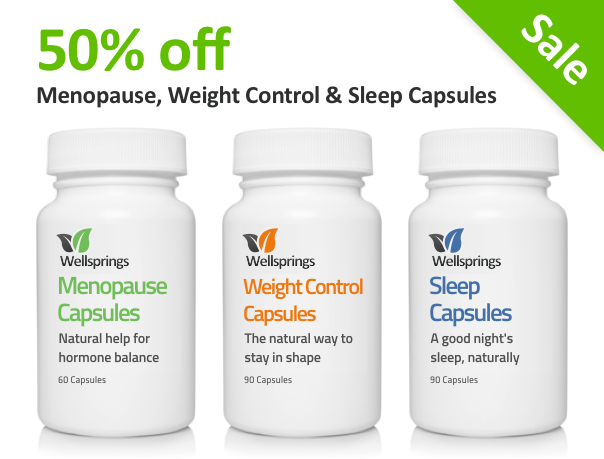Did Your Mother Tell You This About Menopause?
Did you get lots of information, a little or hardly any? Here’s what you need to know.

I don’t know about you, but my mother certainly never mentioned Menopause at all, and if I heard about it from other women of my mother‘s generation, they used vague phrases like “the change“ which really gave me no clue as to what might be happening.
Happily, things are now very different and much more openly spoken about, but it can mean you may still have some confusion about what Menopause might actually mean for you.
I thought it would be helpful to try and make the transition more understandable.
Why, when and how do I know?
The symptoms of the menopausal transition are inevitable for most of us and although menopause may be natural, nothing about it feels normal.
Menopause affects everything from our sleep to our happiness and even our bones and heart health.
Menopause, by definition, is when you have gone exactly 1 year without a period. So, if you get your period in February and it shows up again in September, you are not in menopause.
It may feel like it, but this is perimenopause, where your hormones are slowing down and the changes keep coming.
Women mostly report, and talk about, hot flushes as their most annoying symptom, but that isn’t to underestimate the life-altering effects of others which can include:
– Dramatic mood swings
– Brain fog
– Forgetfulness and distraction
– Rising anxiety or depression
– Sleep difficulties
– Sexual changes
– Heart Palpitations
The effect of declining hormones
Hormone balance is essential for women throughout life and the two key players are oestrogen and progesterone and how important it is that they are in balance.
Too little progesterone and you get the effects of oestrogen dominance which at menopause is often seen in symptoms such as tender breasts, weight gain, bloating and brain fog.
Too little oestrogen can result in vaginal dryness and atrophy and severe symptoms such as night sweats as well as heart palpitations.
Palpitations in menopause often happen during hot flushes but can also be a result of stress, intense exercise, caffeine, alcohol, smoking as well as some cough and cold medicines, and asthma inhalers.
My head hurts!
Brain fog, headaches, and often migraine headaches, are not uncommon at menopause and migraines in particular have been linked to hormonal shifts.
Always see a doctor if migraines are occurring and tension headaches are often a side effect of stress, both emotional and hormonal.
Painkillers can help, as can relaxation techniques and dealing directly with the stress itself.
Menopause brain is a fact, but that doesn’t make it any easier to deal with as it is a combination of age and hormones at play here.
It’s that sudden inability to concentrate, the forgetfulness, problems with word recall all summed up in brain fog. Take heart this is normally a temporary condition.
Do what you need to do to keep yourself healthy through diet, exercise, talking to friends or a therapist and keeping t your brain active by doing something to stimulate it and keep you interested every day – for me that’s a crossword or jigsaw puzzle on my ipad, but you find what works for you.
Make healthy choices. Talk to friends, a therapist, the woman next door in her 70s who can remember when it happened to her, or a psychiatrist, if you need one. Keep some ibuprofen in your bag. Most important, stay informed and proactive.
Reduce the risk to your bones
Bone density starts to reduce in women from the age of 50 and that is when the risk for osteopenia and osteoporosis can increase.
Again hormone balance is at play as it is oestrogen that breaks down old bone and progesterone that builds new bone so you need to have them working together.
Too much bone being broken down and too little being built results in weak bones and osteoporosis. At menopause most women see a more dramatic drop in progesterone so check your levels and be proactive by taking regular weight bearing exercise.
Also ensure you have a good diet and, if needed, a supplement with vitamin D, vitamin K2, calcium, magnesium, turmeric, silica and boron.
Helpful information:
Menopause is individual to every woman, although of course some symptoms are the same, but you are unique and so is your transition through this important phase of life.
It may be something new to you, but this is the time to really start taking care of yourself through your diet, exercise and getting any help and support you need.
That may be friends or family or a therapist but this is your time to priorities what you need to feel your best.
If you want to know more about hormone balance, whether you may be in need of supplementing one or more of your hormones, then this article will be helpful.
https://anna.blog.wellsprings-health.com/which-hormone-or-hormones-might-you-need

















